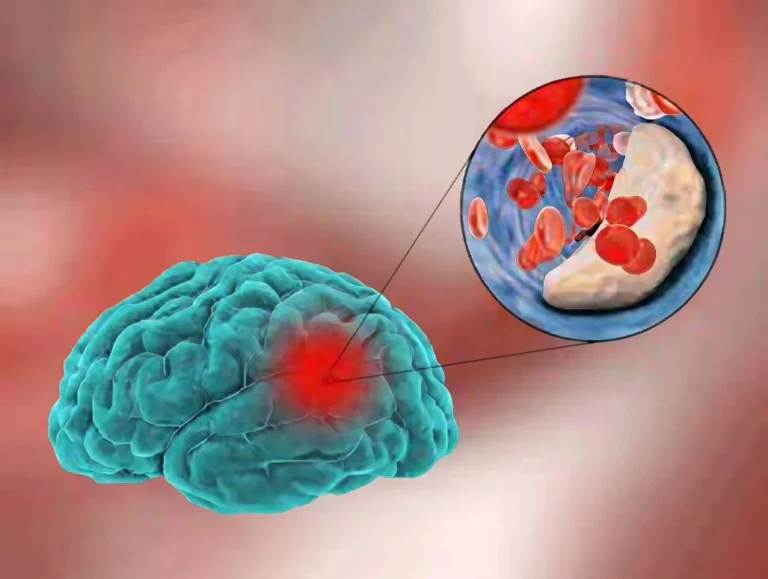
On April 16, 2024, Saga University Hospital and BostonGene (based in Waltham, Massachusetts, U.S.) forged a collaboration aimed at advancing biomarker research to predict the efficacy of immune checkpoint inhibitors (ICI) in patients with EGFR-positive lung cancer.
Saga University Hospital, known for its cutting-edge patient care and international medical perspectives, has joined forces with BostonGene, a leader in AI-based molecular and immune profiling solutions. Together, they will conduct a biomarker study focusing on the effectiveness of ICI treatment in EGFR-positive lung cancer cases.
EGFR tyrosine kinase inhibitor (EGFR-TKI) therapy has been successful in targeting EGFR mutation-positive non-small cell lung cancer (NSCLC). However, acquired resistance often leads to recurrence within a few years, posing challenges for post-therapy optimization. While ICI treatment is a standard approach for NSCLC, its effectiveness in EGFR mutation-positive cases is limited. The study also aims to explore the potential of combination therapy involving ICIs and antiangiogenic agents in EGFR-positive lung cancer.
The research will utilize BostonGene’s Tumor Portrait™ technology to analyze the tumor microenvironment (TME) in tissue samples collected before EGFR-TKI treatment and prior to ICI administration in patients with EGFR-positive lung adenocarcinoma. By investigating the relationship between TME characteristics and ICI efficacy, the study seeks to improve treatment strategies for EGFR-positive lung adenocarcinoma.
Clinical Professor Naoko Arakane of Saga University expressed dedication to advancing medical research that directly impacts patients. The collaboration with BostonGene aims to discover novel biomarkers and enhance immunotherapy treatment approaches for EGFR-positive lung cancer.
Dr. Nathan Fowler, Chief Medical Officer at BostonGene, highlighted the collaboration’s dedication to improving the standard of care in Japan by introducing new technologies. By delving into complexities and leveraging advanced molecular technology, BostonGene aims to provide personalized testing to cancer patients in Japan and accelerate the development of targeted therapies.
BostonGene’s mission is to provide innovative AI-integrated molecular analysis and biomarker discovery to match treatments precisely, improving outcomes for patients with cancer and immune-related diseases. Through personalized testing and comprehensive analyses, BostonGene aims to deliver data-driven results and personalized treatment strategies for each patient.




